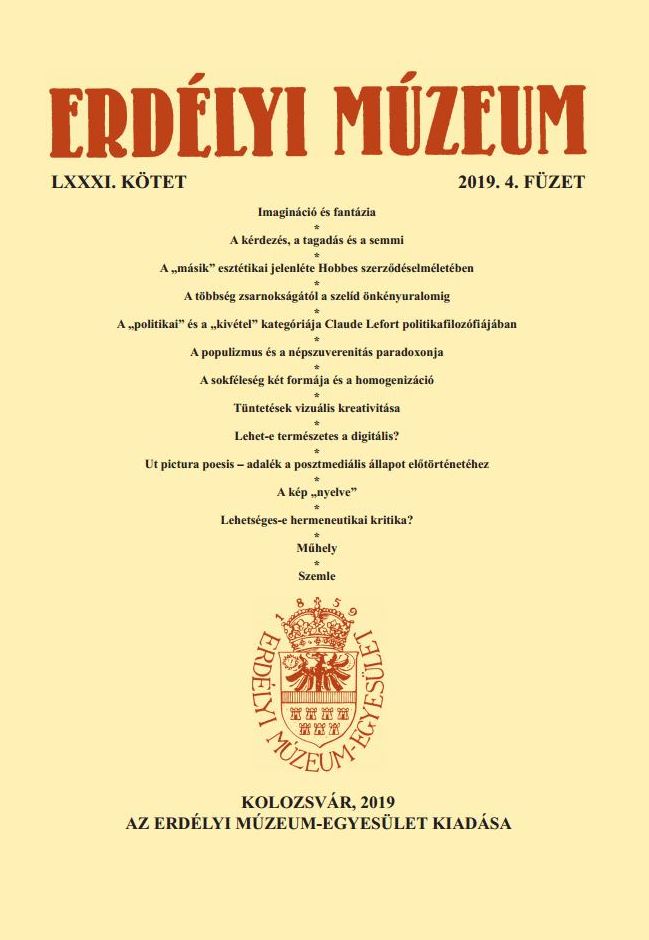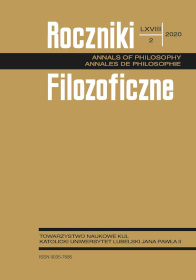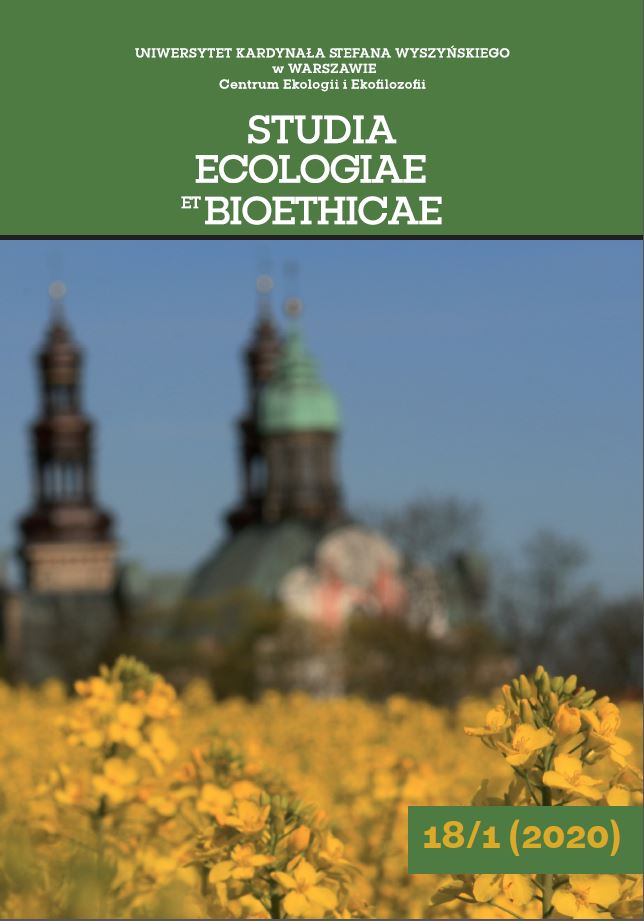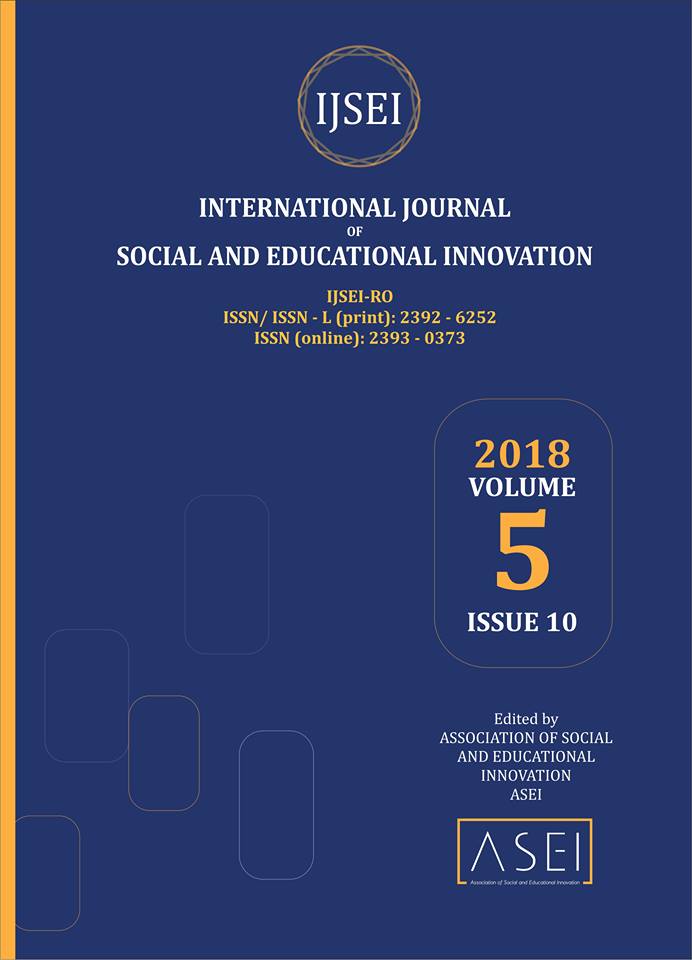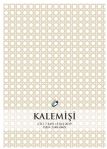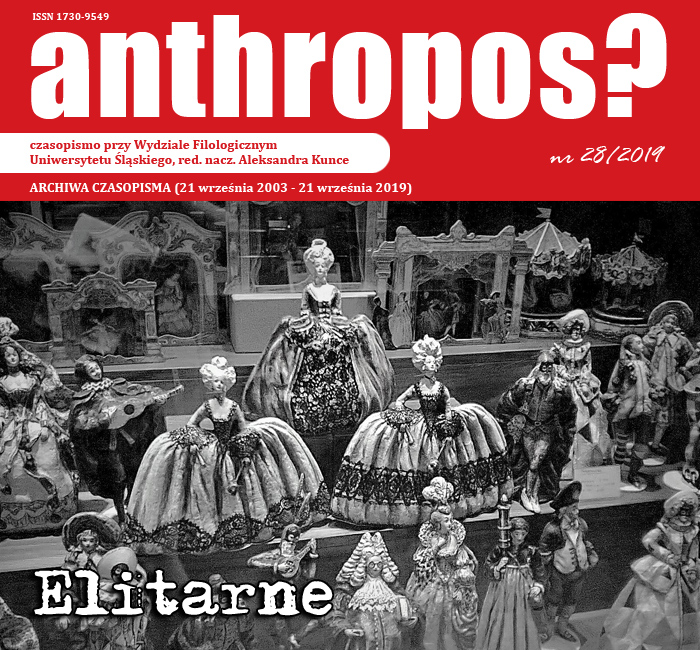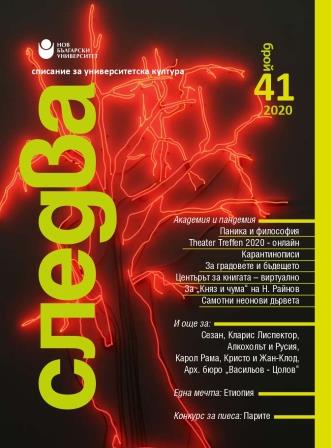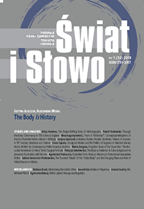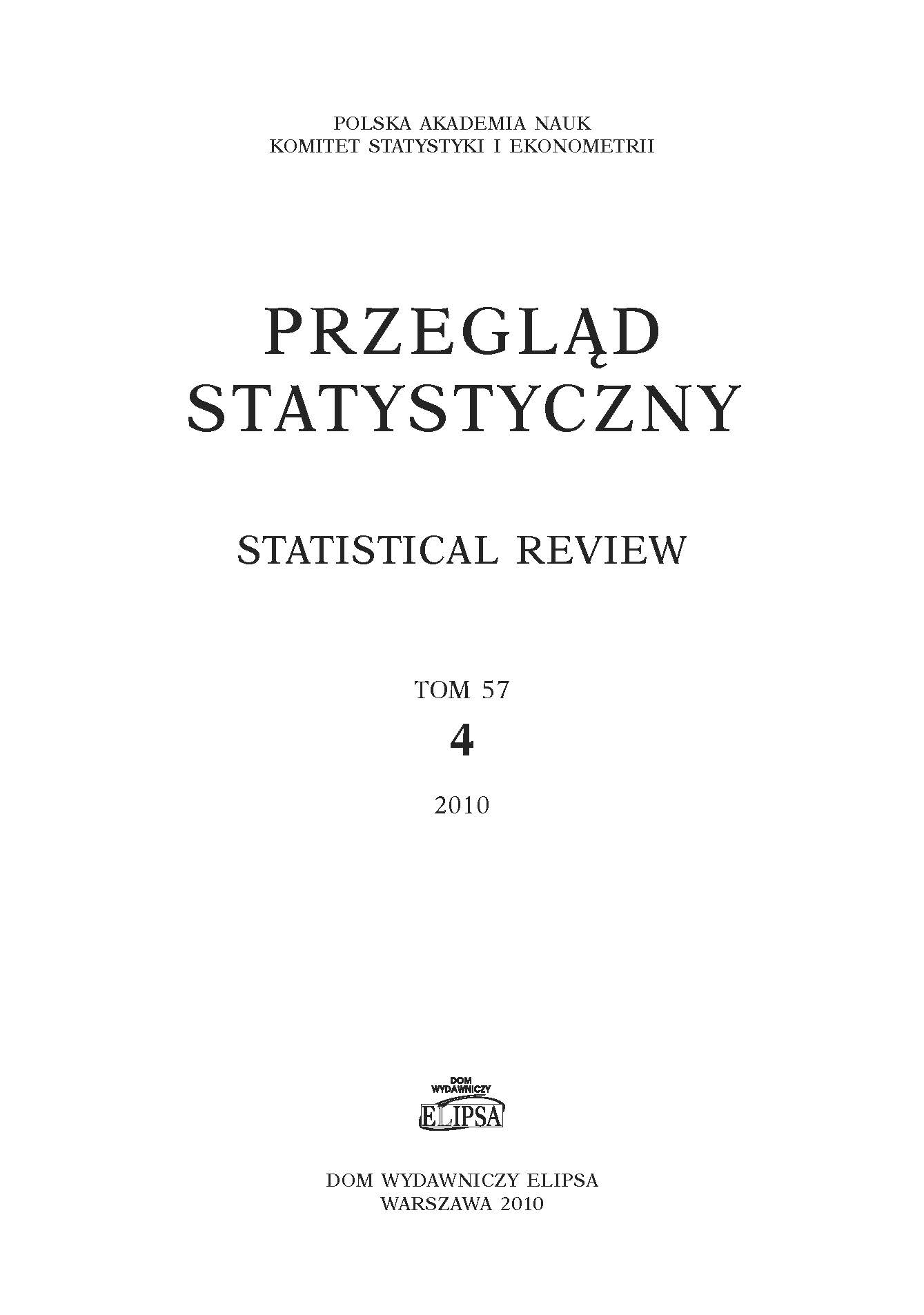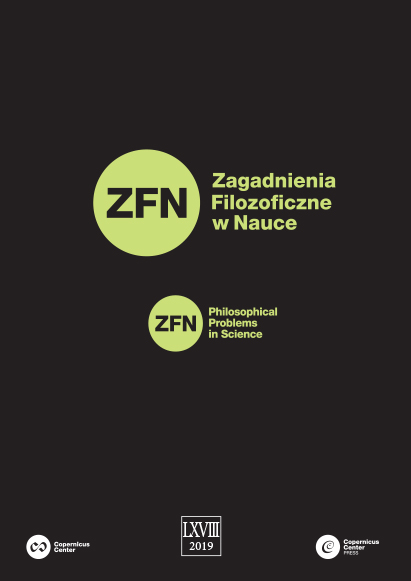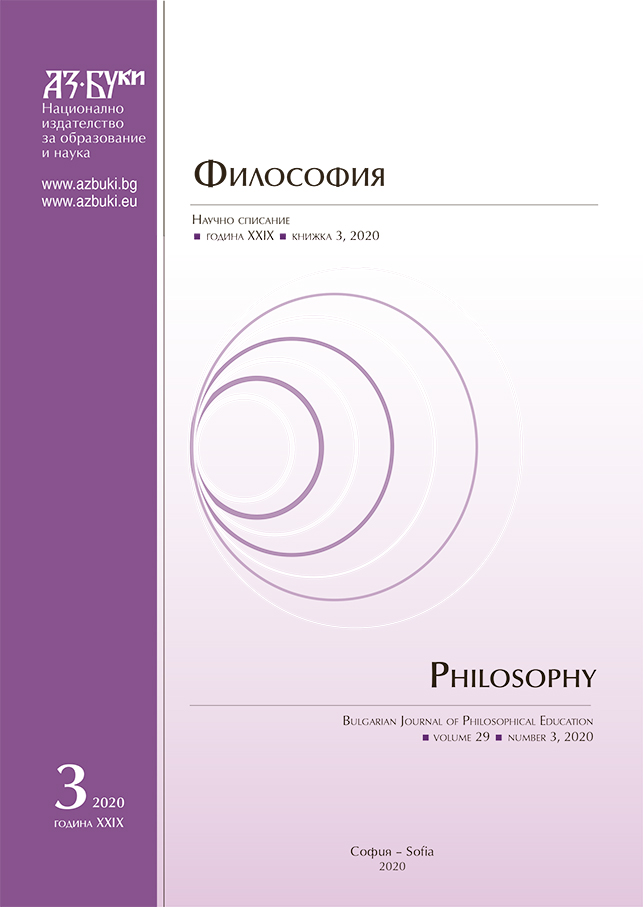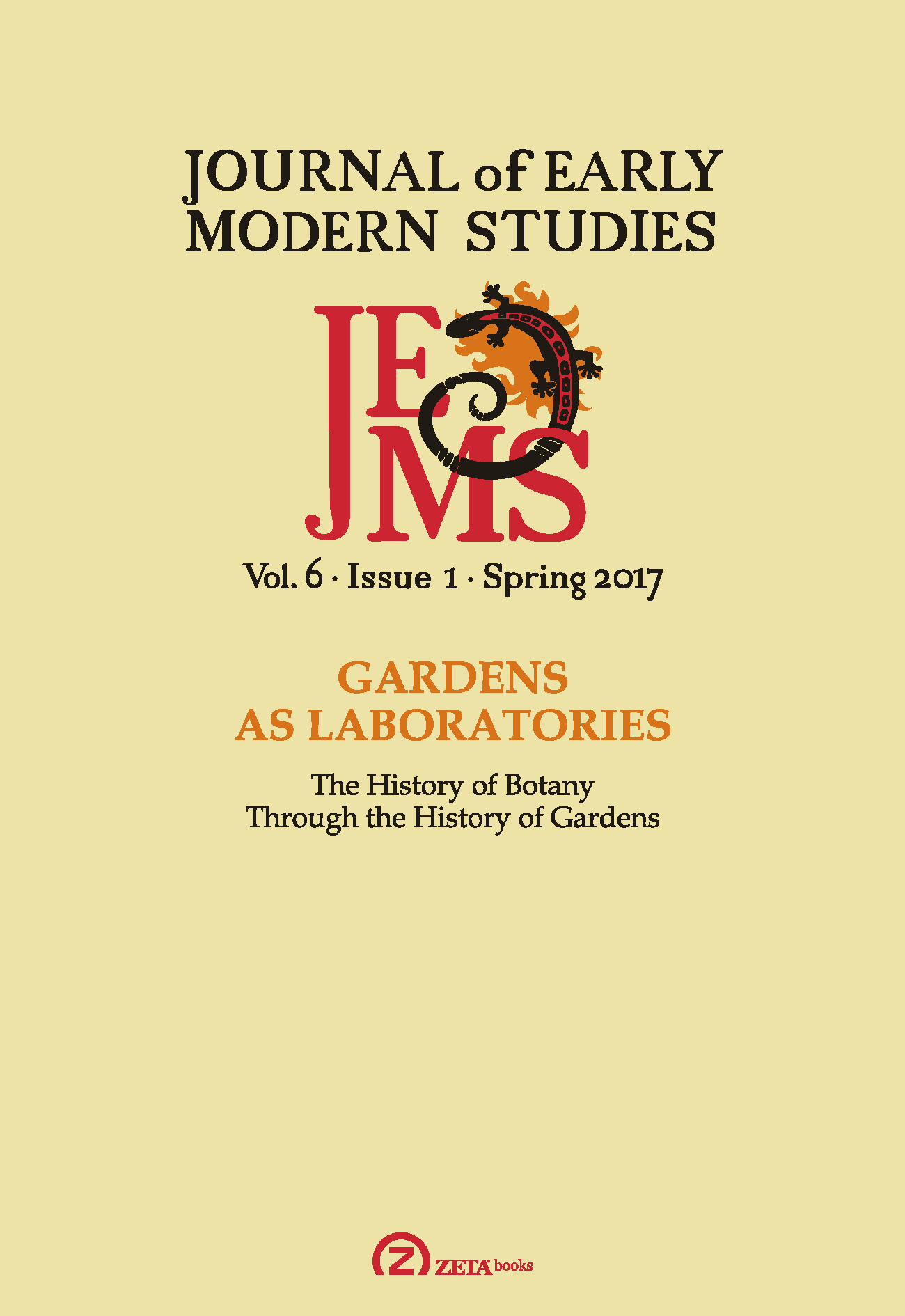
Experimenting with Living Nature: Documented Practices of Sixteenth-Century Naturalists and Naturalia Collectors
This article discusses experimentation in the context of sixteenth-century natural history, or natural science as I prefer to call it here. It uses predominantly textual sources, many of them manuscript letters, from different European countries, mainly Italy, the Low Countries, France and Germany-Austria. The focus is on the practice of experimentation and its documentation, partly because I proceed from the assumption that the investigation of living nature did not necessarily entail the same type of experimentation as contemporary alchemy, pharmacy, or medicine, although all these domains of knowledge and their practitioners overlapped. The subject matter to some extent imposed its own rules. The first part of this essay analyses experimentation in the garden, which often combined practical purposes with research ones. The second and third parts discuss experimentation with both plants and animals that originated in more general questions or led to more wide-ranging conclusions about natural phenomena. The final section discusses the links with natural philosophy in these different types of experimentation in natural science, and addresses the possible implications for the concept of experimentation itself in the period shortly before the ”new science” of the seventeenth century.
More...
